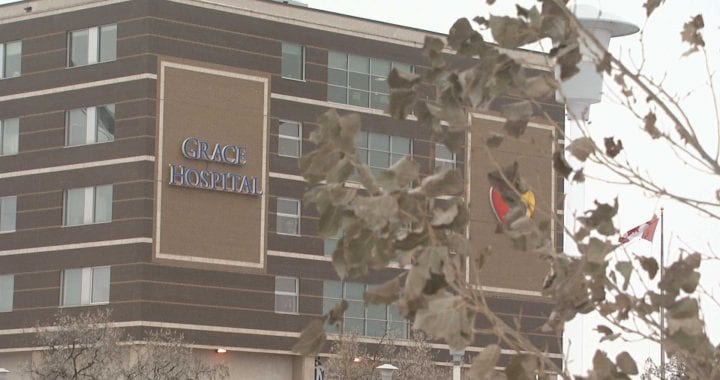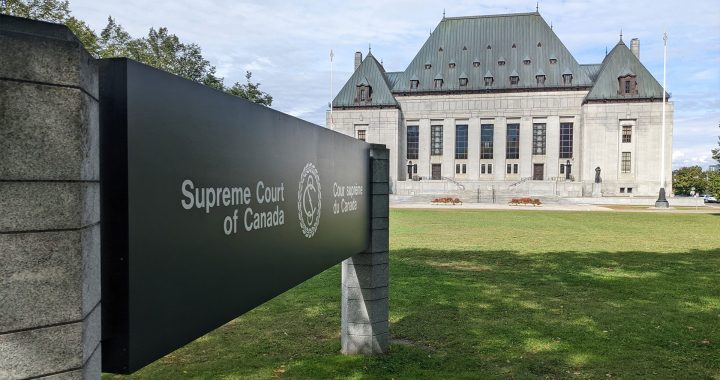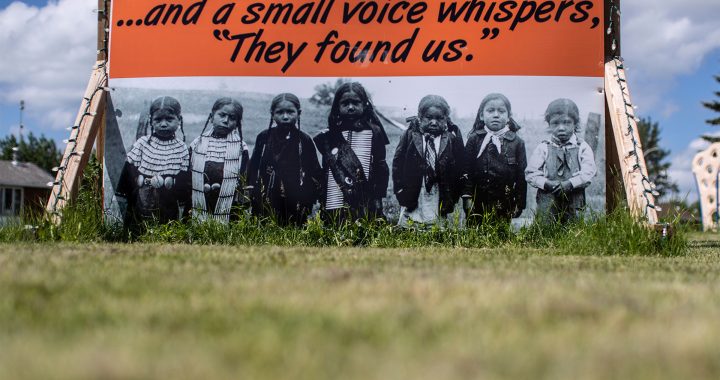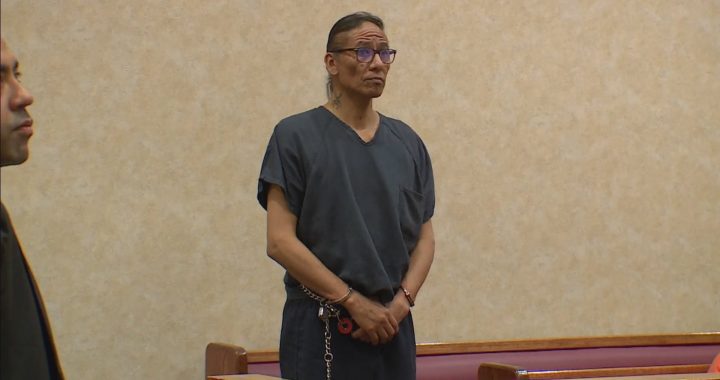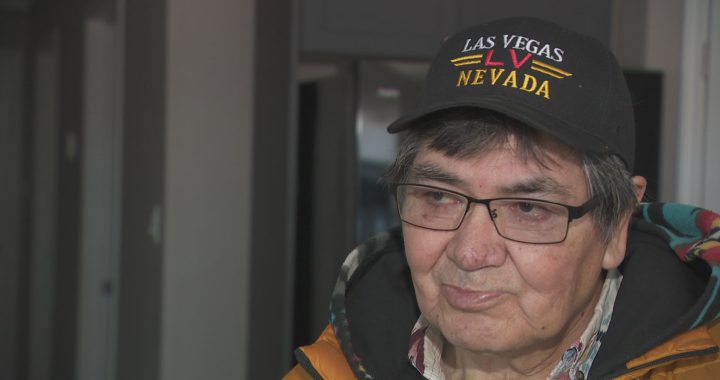Eriel Tchekwie Deranger jokes about coming up with chants and making protest signs being her arts and crafts while growing up, but she was literally born into standing up for Indigenous and environmental rights.
Just prior to her birth, Deranger’s family was forcibly removed from their trap line in northern Saskatchewan in order to make way for a uranium mine.
Deranger, who is Dene and a member of the Athabasca Chipewyan First Nation, then spent the early years of her life growing up downstream from the Alberta oil sands.
“I was born into opposition to extractivism and continued colonization of our peoples and our territories.”
“When I was a child, I remember the forest being much thicker and dense in between the area between Fort McMurray and Fort McKay. I remember playing in the rivers and streams around Fort McMurray when I was little” says Deranger.
When Deranger returned to her territory in her early twenties, she says “the changes were so immense, it was a shock to my system.”
“A lot of spiritual and emotional well being of our community has been deeply impacted by the fact our lands and territories have been eviscerated by this industry,” says Deranger.
Deranger is currently the executive director of Indigenous Climate Action.
At first, she struggled with the idea of being the one to stand up and be a voice for Indigenous and environmental rights.
“It does put a target on your head. I’ve had backlash in my own community. I’ve had backlash directly in my own family. I’ve had backlash, obviously from the oil and gas sector, pro-capitalist people that think that Indigenous people need to get over it and join the rest of society.
“But I’ve also had a lot of great supporters,” says Deranger.
Feeding into some of that backlash and making things more divisive is Alberta Premier Jason Kenney’s so-called “war room.”
Deranger feels the Canadian Energy Centre is a waste of resources.
“To take $30 million out of the public sector and to put it into a war room to fight those that are threatening Alberta’s economy. Alberta’s economy is threatened because it is an antiquated system that we no longer should be pushing or moving forward. That fact of the matter is that other sectors are struggling so that Jason Kenny can position himself as a powerhouse against environmentalists,” says Deranger.
Kenney also plans on holding a public inquiry into “foreign funding of anti-energy campaigns.”
Deranger says Alberta’s entire economy is funded by foreign interests.
“The foreign funded radicals that we should be looking at are the oil and gas sector. They’re the ones that are wreaking havoc on eco-systems, the rights of Indigenous communities and ultimately destabilizing an economy for future generations,” says Deranger.
Deranger is troubled by the RCMP raids in Wet’suwet’en territory.
“Canada is completely siding with the corporations rather than with the traditional rights holders and it’s really just another indication that Canada has no interest in actually upholding the rights of our communities,” says Deranger.
Blockades, rallies and occupations in support of Wet’suwet’en hereditary chiefs have popped up from coast to coast.
Deranger expects a similar fight from some Indigenous communities when it comes to the Trans Mountain pipeline expansion.
“I think that that fight is going to put the financial assets that the government has invested in it at risk,” says Deranger.
Another big project Deranger has her eyes on is Teck Resources’ Frontier Mine.
The nearly 10,000 hectare, $20 billion open pit that will produce 240,00 barrels of bitumen per day is located 110 km north of Fort McMurray.
A decision by the federal cabinet is expected by the end of February.
The project promises thousands of jobs, billions in government royalties and has the support of 14 Indigenous communities in the region.
Deranger believes some communities have no option but to sign on to these projects.
“Impact benefit agreements are not enthusiastic ‘yes’ to these projects,” says Deranger who feels the other option is to spends millions to fight a project that will receive approval in the end.
There are reports the federal government is working on an aid package for Alberta should cabinet decide not to approve the Frontier Mine project.
“I think to be honest that the province does need an aid package when it does come to jobs and the security of everyday people,” says Deranger who adds “we don’t need any more oil and gas subsidies. It needs to be to the people and the workers and the communities that have relied on this industry for too long.”






